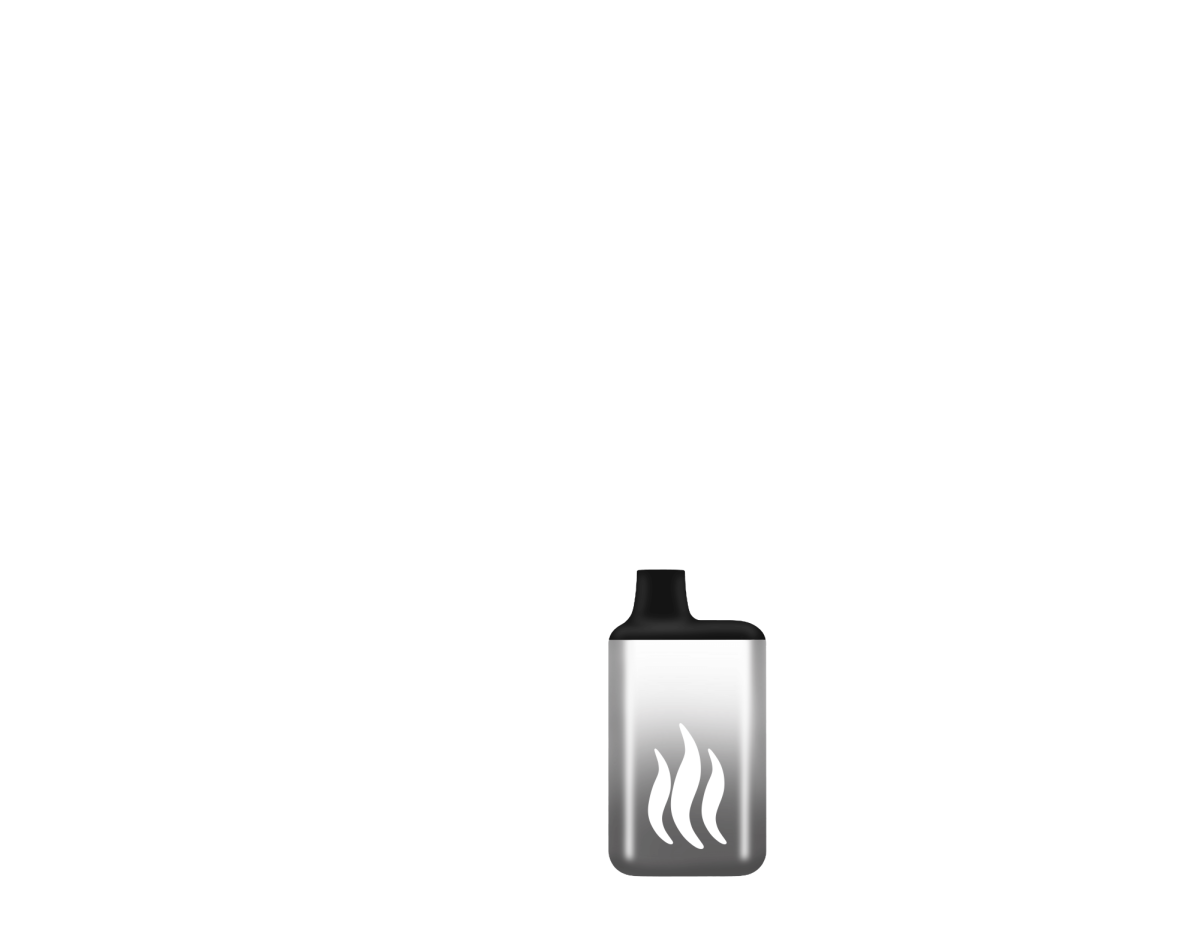LM has three math credits as a graduation requirement. No surprise. LM has four English credits as a graduation requirement. Again, no surprise. Reading and arithmetic are vital skills—it makes sense to make them mandatory. But although many of its requirements are undoubtedly logical, LM relentlessly neglects an element of education no less fundamental than traditional core classes—important life skills and consumer literacy education.
As a school, we demonstrate shockingly low amounts of financial literacy- and we’re not alone. According to the Financial Industry Regulatory Authority, about two-thirds of Americans failed a financial literacy test in 2022, which demonstrates that this issue is not only serious but remarkably widespread. As LM prepares its students to live their lives without management by a parental figure, financial literacy becomes absolutely crucial. Living without the safety net of parents necessitates knowledge such as how to do taxes, open a bank account, and write a check, none of which are being taught to LM students. While academic pursuits are undoubtedly important, students must also understand how to execute the financial tasks necessary to live a comfortable life.
The district must also endeavor, through such a mandatory course, to educate students on consumer sciences, an umbrella term used to describe making intelligent choices about what to buy and/or sell. We live in a society where billions of dollars are pumped into advertising by various corporations. Students must be taught how to distinguish between a worthwhile purchase and something that they’ve been brainwashed into believing that they need. In today’s economic climate, where inflation continues to run up prices and stores are designed to keep consumers shopping longer and buying more, it becomes even more necessary to teach students how to shop effectively. It is critical that LM takes this opportunity to teach students skills like budgeting, setting each child up for post-secondary success.
A mandatory life skills class would also include cooking and nutritional studies. Americans, on average, are far from the healthiest population. Instruction in basic cooking would prove to be instrumental in combating this issue. According to a study performed by Johns Hopkins University, people who cook often at home “consume fewer carbohydrates, less sugar, and less fat than those who cook less or not at all.” The consumption of healthier meals is of the utmost importance, as physical health impacts every facet of a person’s everyday function. To make this class different from the typical health curriculum, real cooking and hands-on activities should be incorporated. This do-it-yourself aspect will prevent wellness education from becoming another health course. Nutritional studies should be coupled with basic cleaning and housework techniques to ensure a well rounded domestic skill set.
Instilling these housework skills in everyone can reduce the amount of domestic labor that is placed on women. According to a Pew Research Study, women spend around 4.6 hours doing housework per week, while husbands spend only two. Even in marriages where the wife is the primary breadwinner of the household, women still spend 1.4 more hours on housework than husbands. LM has an opportunity to directly influence teenage boys’ views on domestic work—by instituting a mandatory class, housework is deemed normal and necessary for everyone to participate in.
The lack of a mandatory life skills or a Family and Consumer Sciences class reflects how LM as a whole has become focused on producing stellar students in a factory-like manner. In the process of becoming more and more academically rigorous, we’ve neglected to teach the most fundamental skills a student can have. Whether a student ends up as a carpenter, and chemist, or anything in between, learning these fundamental skills are sure to benefit them. It’s time to reincorporate these important life skills into LM.





